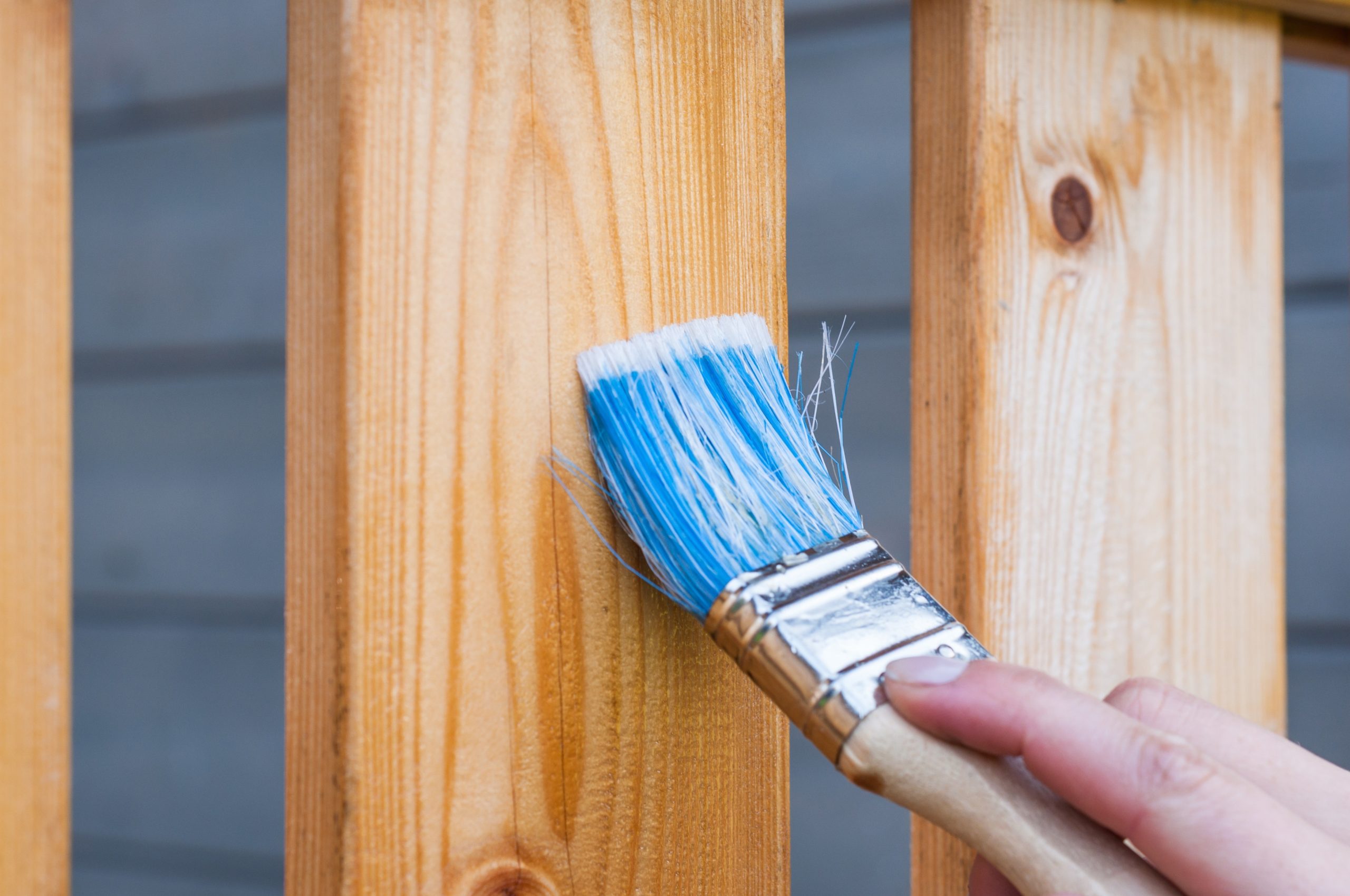There are some situations where DIY is okay. Making a birdhouse out of popsicle sticks after watching a few YouTube tutorials is a perfectly acceptable DIY project. On the other hand, DIY wills and trusts are rarely good ideas. Take poor Jane Doe*, as an example. Her boyfriend, John Sparrow, downloaded a will off the internet and left everything to her, including the house they lived in. Unfortunately for her, John Sparrow* did not sign the will correctly, and it was invalidated. His family took the house and everything else in John’s estate, leaving Jane with nothing but a broken heart.
With the influx of websites offering DIY estate planning and other legal services, it might be tempting to save some money and plan your estate by yourself. As Jane found out, however, this is not always the best course of action. Estate planning is full of small details that the average person does not know about. Wills and trusts prepared without the assistance of an estate planning attorney are often riddled with mistakes which can lead to unexpected (and expensive) consequences. While the lower cost of DIY wills and trusts may seem attractive, any perceived savings may be negated after your death.
Estate planning law is determined by each state, and requirements can vary widely. A will must comply with state requirements in order to be valid. Small things, such as failing to appoint an executor, or not properly witnessing the will, can cause the will to be invalidated after you pass away. In addition, the will must clearly address how your debts and taxes should be paid, name potential guardians for minor children, and more.
Trusts can also be very complex legal documents, even more so than wills. Unlike a will, trusts can have conditions attached to the bequest, such as disbursing funds over a period of time, or after the beneficiary reaches a certain age or meets other requirements. Trusts can be revocable or irrevocable, and—with all the options—a DIY trust would require you to do some serious homework…
DIY wills and trusts also give you a false sense of security. You may think your affairs are in order when, in actuality, they are not. This is especially true if you believe that these documents are a set-it-and-forget-it type situation. Throughout the course of your life, your circumstances are going to change, whether in regards to your assets, or your beneficiaries. When these changes happen, your estate documents also need to change. Changing a will is complicated, and not something for any old Tom, Dick or Larry to attempt.
Finally, if you do decide that DIY estate planning is the way to go, you will not be getting sound advice about how to optimize your strategy. At the end of the day, an estate plan is about making sure your wishes are followed, your assets are protected from unforeseen circumstance (including potential death taxes), and that your family is taken care of once you have died. While it may seem like a good idea to save some money and do it yourself, making an estate plan requires intimate legal knowledge and a good strategy. Scratch that…a GREAT strategy.
Employing the help of a qualified estate planning attorney may cost a bit more, but it will give you REAL peace of mind, knowing that your family, your assets, and your legacy is secure. An attorney will be able to draw up an estate plan that is right for your specific situation, and guide you through each step of the planning process while advising on the best vehicles for passing assets to your beneficiaries. They will also check in periodically to make sure nothing has changed, or needs to be updated within your plan.
Don’t leave your legacy to chance. Contact Caress Law, PC today to speak with a team of qualified estate planning professionals who will leave you feeling seen, heard, and taken care of.
*Client names have (quite obviously) been changed
Contact Caress Law, PC


